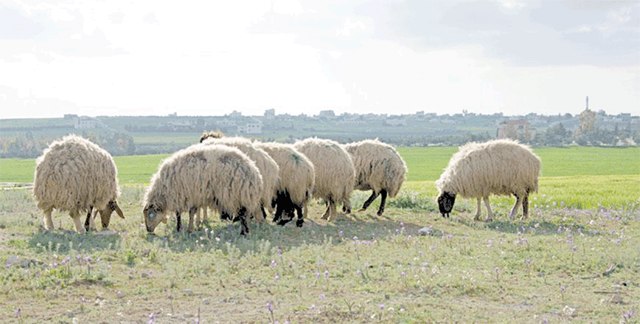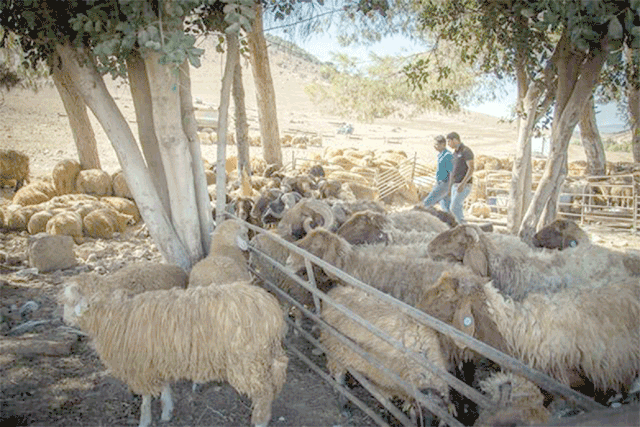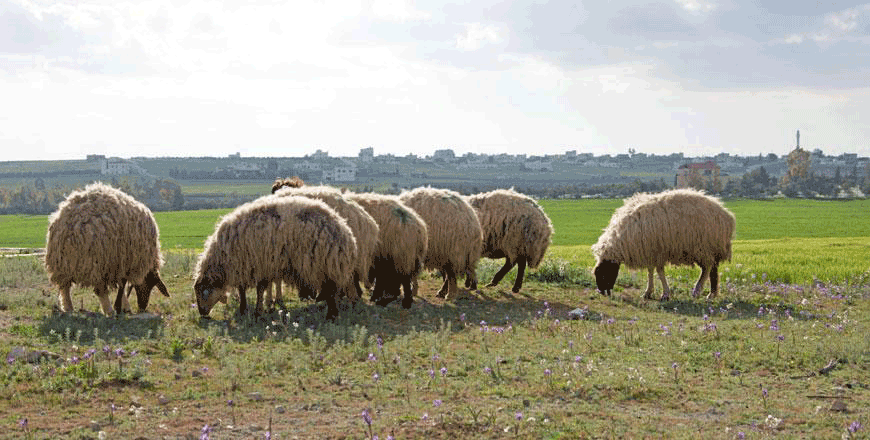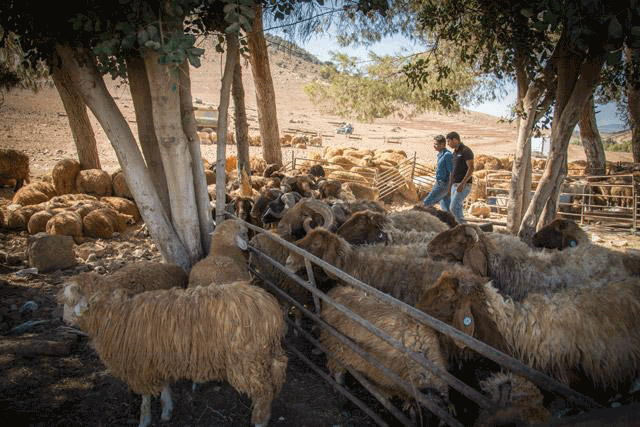You are here
Jordan’s sheep exports to GCC countries expected to rebound, says stakeholder
By Mays Ibrahim Mustafa - Aug 30,2023 - Last updated at Aug 30,2023

The Kingdom has exported around 450,000 sheep to Gulf Cooperation Council countries since the beginning of the year, according to head of the Livestock Breeders Association Zaal Kawalit (File photo)
AMMAN — The Kingdom has exported around 450,000 sheep to Gulf Cooperation Council (GCC) countries since the beginning of the year, said head of the Livestock Breeders Association Zaal Kawalit.
With this level of demand, this year’s exports are expected to reach 600,000 sheep, at a value exceeding JD200 million, similar to the previous year, he told The Jordan Times.
Saudi Arabia, which is the only GCC country which shares a land border with the Kingdom, imposed a temporary ban on Jordanian sheep imports earlier this year that lasted for three months. Although this ban led to the “collapse” of local sheep prices, the sector has managed to recover from its impact, Kawalit said.
Local prices have gradually returned to normal after the importation ban was lifted in June, he added.
The price of a large local sheep, weighing around 40 kilogrammes, increased to JD4.80 per kilogramme compared with JD3.80 per kilogramme during the ban. Small local sheep, weighing around 20 to 25 kilogrammes, are currently sold for around JD5.5 per kilogramme, marking a JD1.5 price increase since the ban was lifted, according to Kawalit.
However, the prices of imported sheep sold in the local market have decreased over the past two months, he said.
As of the end of June 2023, the price of Romanian sheep reached JD4.5 per kilogramme. Currently, they are being sold for JD3.70 per kilogramme, Kawalit said.
The local market witnessed increased demand in July and August, marked by the return of Jordanian expatriates, wedding season and Tawjihi (the General Secondary Education Certificate Examination) graduation parties and celebrations.
There are roughly 100,000 workers in the sector, including livestock breeders, dairy producers, veterinarians and feed movers, according to Kawalit.
Related Articles
AMMAN — The Kingdom exported around 60,000 sheep to the Gulf Cooperation Council (GCC) countries over the past eight days, said Head of the
AMMAN — According to Head of the Livestock Breeders Association Zaal Kawalit, prices of imported meat have increased due to tight supply and
AMMAN — The Kingdom’s sheep breeders and exporters fear major financial losses in light of Saudi Arabia’s ban on importing sheep from Jordan


















